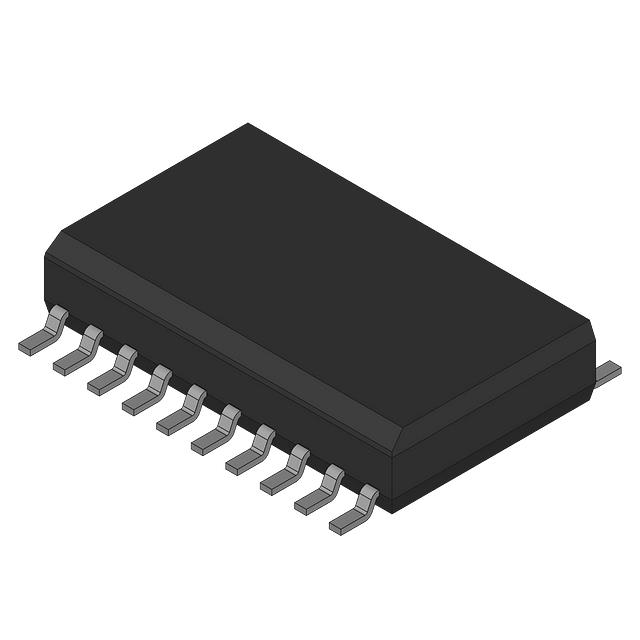74F574SJ
Manufacturer No:
74F574SJ
Manufacturer:
Description:
IC FF D-TYPE SNGL 8BIT 20SOP
Datasheet:
Delivery:





Payment:




In Stock : 9208
Please send RFQ , we will respond immediately.









74F574SJ Specifications
-
TypeParameter
-
Package / Case20-SOIC (0.209", 5.30mm Width)
-
Supplier Device Package20-SOP
-
Mounting TypeSurface Mount
-
Operating Temperature0°C ~ 70°C (TA)
-
Current - Quiescent (Iq)86 mA
-
Voltage - Supply4.5V ~ 5.5V
-
Current - Output High, Low3mA, 24mA
-
Trigger TypePositive Edge
-
Max Propagation Delay @ V, Max CL8.5ns @ 5V, 50pF
-
Clock Frequency100 MHz
-
Number of Bits per Element8
-
Number of Elements1
-
Output TypeTri-State, Non-Inverted
-
TypeD-Type
-
FunctionStandard
-
PackagingTube
-
Product StatusObsolete
-
Series74F
The 74F574SJ is an integrated circuit chip that belongs to the 74F series of logic chips. It is an octal D-type flip-flop with tri-state outputs. Here are some advantages and application scenarios of the 74F574SJ:Advantages: 1. High-speed operation: The 74F series chips are known for their fast switching speeds, making them suitable for applications that require quick data processing. 2. Tri-state outputs: The tri-state outputs allow multiple chips to be connected together, enabling bus sharing and reducing the number of required output lines. 3. Wide operating voltage range: The 74F574SJ can operate within a wide voltage range, typically from 4.5V to 5.5V, making it compatible with various power supply systems. 4. Low power consumption: The chip is designed to consume low power, making it energy-efficient.Application scenarios: 1. Data storage and transfer: The 74F574SJ can be used to store and transfer data in digital systems. It can latch and hold data until a new input is received, making it suitable for applications such as registers and memory units. 2. Bus interfacing: The tri-state outputs of the chip allow multiple chips to share a common bus. This makes it useful for connecting different components in a system, such as microprocessors, memory units, and input/output devices. 3. Clock synchronization: The chip can be used to synchronize data with a clock signal. It can latch the input data at the rising or falling edge of the clock, ensuring accurate data transfer and synchronization in digital systems. 4. Control signal generation: The 74F574SJ can be used to generate control signals based on input data. It can be used in applications where specific control signals need to be generated based on certain conditions or input patterns.Overall, the 74F574SJ is a versatile chip that finds applications in various digital systems, including data storage, bus interfacing, clock synchronization, and control signal generation.
74F574SJ Relevant information







